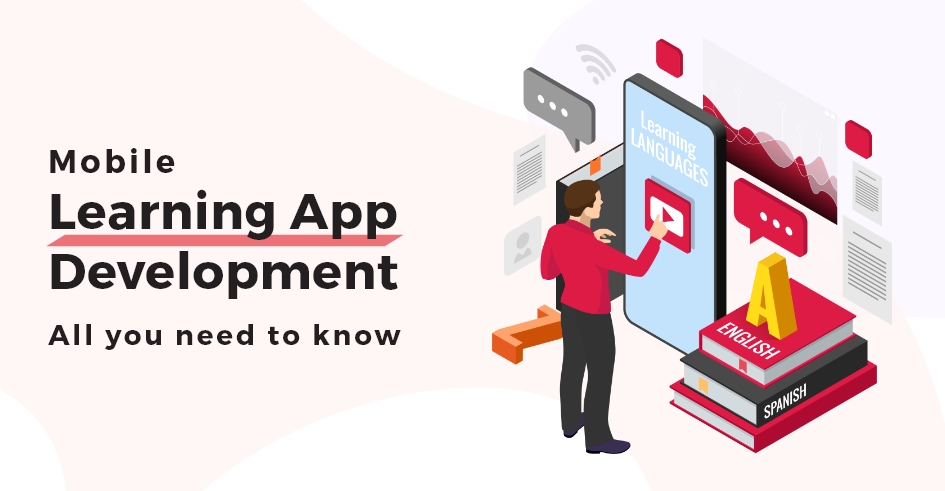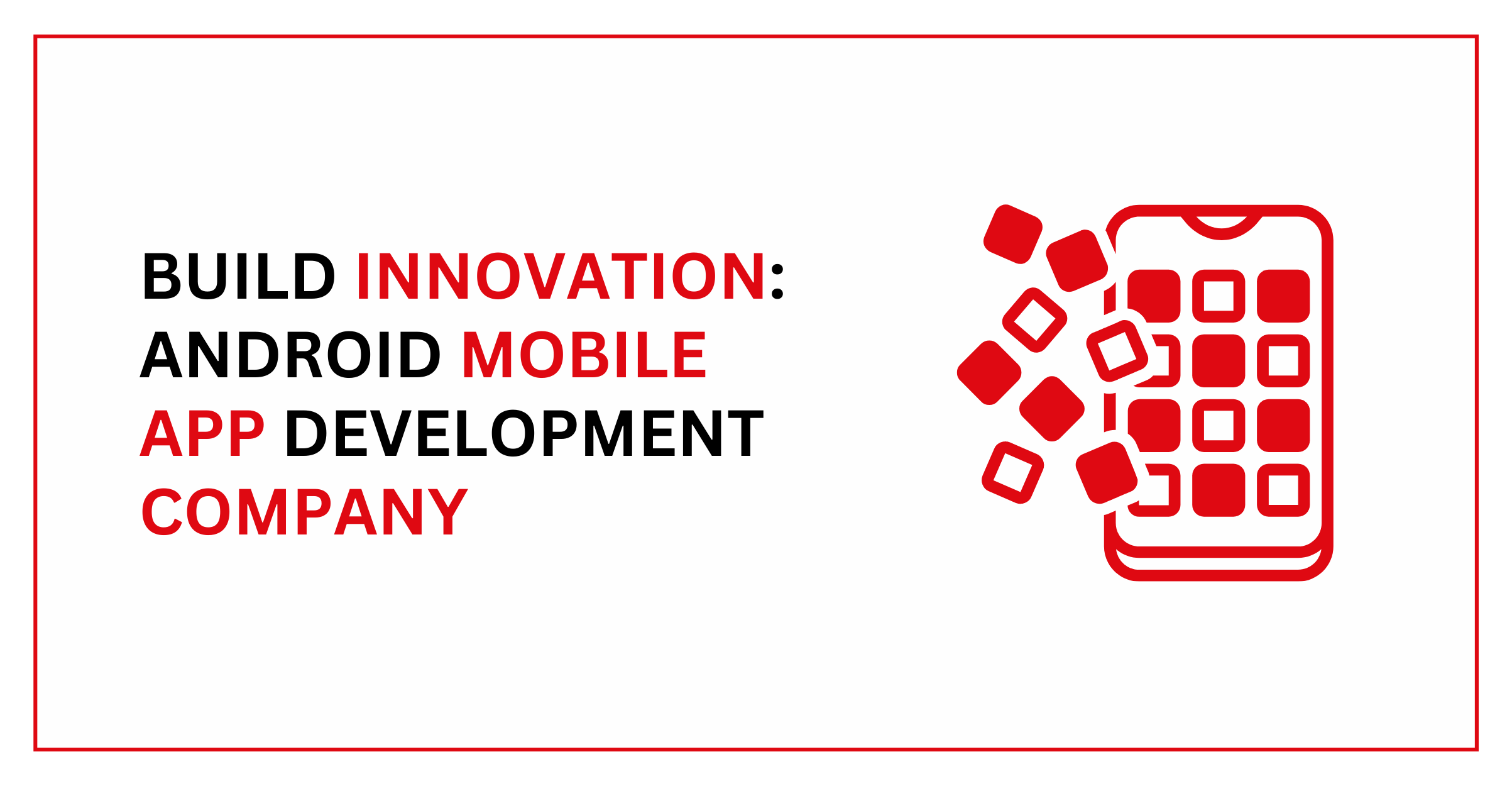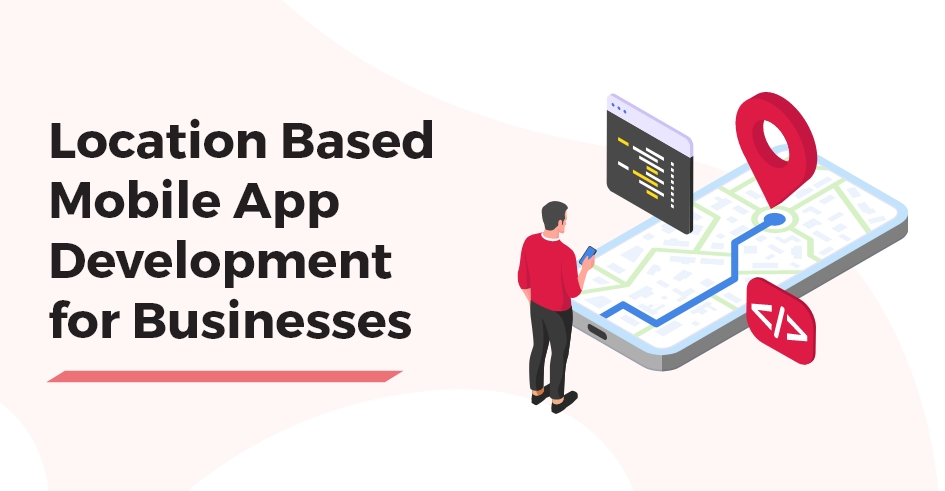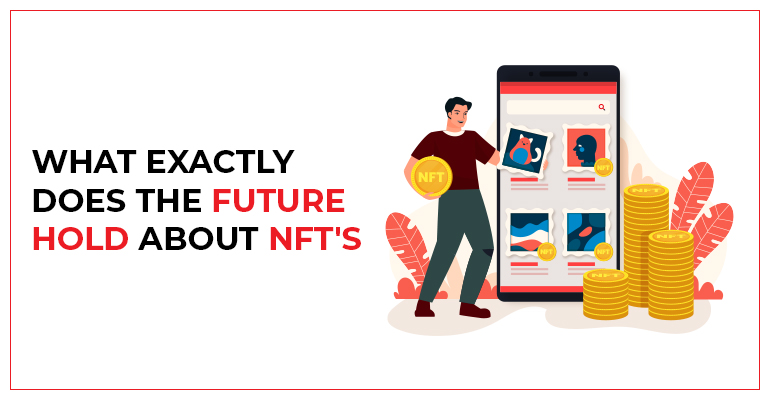Traditional education methods are struggling to keep up with learners’ dynamic needs. Classroom-based learning can be restrictive due to its rigid schedules, geographical limitations, and often outdated materials. This creates a significant gap between the demand for continuous learning and the accessibility of quality education.
According to a report by EdTechXGlobal, the global education technology market is projected to reach $404 billion by 2025, highlighting the growing need for innovative E-Learning Solutions.
Imagine a student who has to juggle part-time jobs, family responsibilities, and studies. Attending regular classes becomes a daunting task, leading to missed lessons and falling behind in coursework. Similarly, professionals seeking to upgrade their skills often find it challenging to attend training sessions due to time constraints and travel requirements. This not only hampers personal growth but also affects organizational productivity.
A recent survey by LinkedIn Learning found that 74% of employees want to learn during their spare time, but only 19% of companies provide this flexibility. The traditional education system, with its limitations, fails to cater to the evolving learning needs of individuals and businesses alike.
Enter mobile learning app development—a revolutionary approach that bridges the gap between learners and quality education. Mobile Education Apps, such as Udemy, Coursera, and TED-ed, offer flexible, on-the-go learning solutions that cater to diverse learning needs.
Whether students are seeking additional resources, institutions are expanding their offerings, or corporations need training tools, a Mobile App for Learning provides a comprehensive solution.
A report by Technavio predicts that the mobile learning market will grow by $309 million from 2020 to 2024, driven by the increasing adoption of smartphones and the need for lifelong learning. This blog delves into everything you need to know about mobile learning app development, its benefits, types, and how to create a successful learning app.
What is Mobile Learning App Development?
Mobile learning app development is the process of creating educational applications that deliver learning content via mobile devices. These apps are designed to provide users with the flexibility to learn anytime, anywhere, making education more accessible and engaging.
Benefits of Mobile Learning Apps
Educational App Development is revolutionizing the way we access education, providing unprecedented convenience and flexibility. As the digital landscape evolves, Mobile learning app development is becoming an essential tool for learners of all ages, breaking down barriers to education and offering innovative ways to engage with content.
The prevalence of the smartphone is evident in the statistic that 59.9% of individuals favor the vertical layout offered by smartphones for learning, as opposed to learning through horizontal screens.
In this section, we will explore the key benefits of E-learning Mobile app development, from their ability to make education accessible to everyone, regardless of location, to their cost-effectiveness and capacity to make learning an interactive and enjoyable experience. These advantages highlight why Mobile learning app development is rapidly gaining popularity and transforming the educational landscape.
1. Accessibility
Mobile learning apps break geographical barriers, allowing users to access educational content from any location. According to DataReportal, mobile internet penetration reached 5.35 billion people in 2024 till now. This wide-reaching accessibility means that students in remote or underserved areas can access the same quality education as those in urban centers.
For example, a student in a rural village can watch the same video lecture as a student in a major city, ensuring equal opportunities for learning. A M-Learning App helps where educational infrastructure is lacking, providing an essential bridge to quality education.
2. Flexibility
Users can learn at their own pace, fitting education into their schedules without the constraints of traditional classroom settings. A survey by BrandEquity Insight reveals that 66% of adult learners prefer self-paced online learning.
This flexibility provided by Mobile learning app development is vital for nontraditional learners such as working professionals, parents, and those with other commitments. For instance, a professional can complete a certification course during their commute, or a parent can study after putting their children to bed. This adaptability helps maintain a work-life-learning balance, making continuous education feasible for everyone.
3. Engagement
Interactive features such as quizzes, videos, and gamification make Mobile learning app development more engaging and effective. Features like leaderboards, badges, and interactive quizzes make learning fun and competitive, encouraging users to spend more time on the app. For example, language learning apps like Duolingo use gamification to keep users motivated and engaged, turning the learning process into a game-like experience. This approach not only enhances retention but also improves overall learning outcomes.
4. Cost-Effective
These apps reduce the need for physical materials and travel, making education more affordable. A study by Brandon Hall Group found that Mobile learning app development can reduce training costs by 40-60% compared to traditional methods. The cost savings come from the elimination of expenses related to printed materials, classroom space, and instructor fees.
Additionally, the Learning App for Mobile can be updated easily, ensuring that content remains current without the need for new physical resources. For organizations, this means significant savings on employee training programs, while individuals can access a wide range of courses at a fraction of the cost of traditional education.
Types of Mobile Learning Apps
Common Types of Mobile learning apps are:
- Mobile Learning Apps for Students
- Mobile Learning Apps for Education Institutions
- Mobile Learning Apps for Corporate Training
- Mobile Learning Apps for Language Learning
The diversity of Mobile education app development caters to a wide range of educational needs. From formal education in schools and universities to professional development in the corporate world. Understanding the different types of mobile learning apps is crucial for selecting the right solution to meet specific learning objectives.
Mobile Learning App for Students
Mobile learning solution development for students focuses on providing additional resources such as video lectures, practice tests, and study materials. According to the Pew Research Center, 73% of teens have access to a smartphone, making mobile learning apps a valuable resource for students. These apps complement classroom learning by offering supplementary materials that can help students better understand difficult concepts.
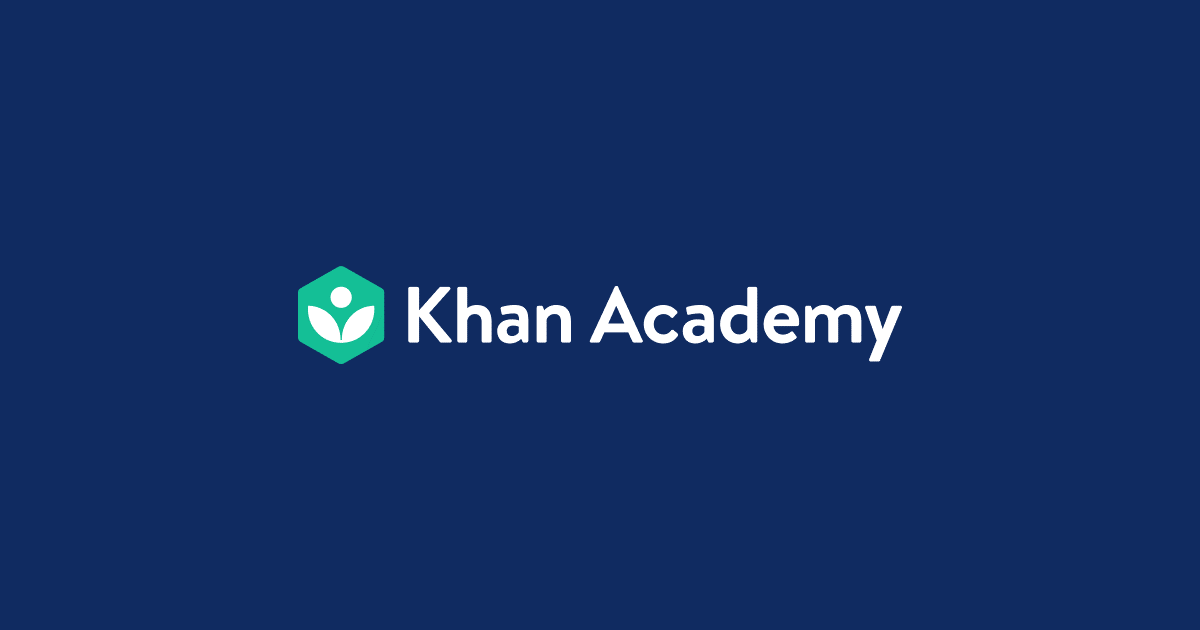
Khan Academy
One of the most well-known examples of Mobile learning app development is Khan Academy. Founded in 2008, Khan Academy offers a wide range of educational resources, including video tutorials, interactive exercises, and personalized learning dashboards. The app covers various subjects such as mathematics, science, history, and economics, making it a versatile tool for students at different educational levels.
Mobile Learning App for Educational Institutions
Mobile learning app development helps schools and universities deliver their curriculum digitally. They often include features like virtual classrooms, attendance tracking, and assignment submissions. A report by ResearchGate predicts that the use of Mobile app development for education will increase by 65% by 2025. This digital transformation enables institutions to reach a wider audience and provide a more flexible learning environment.
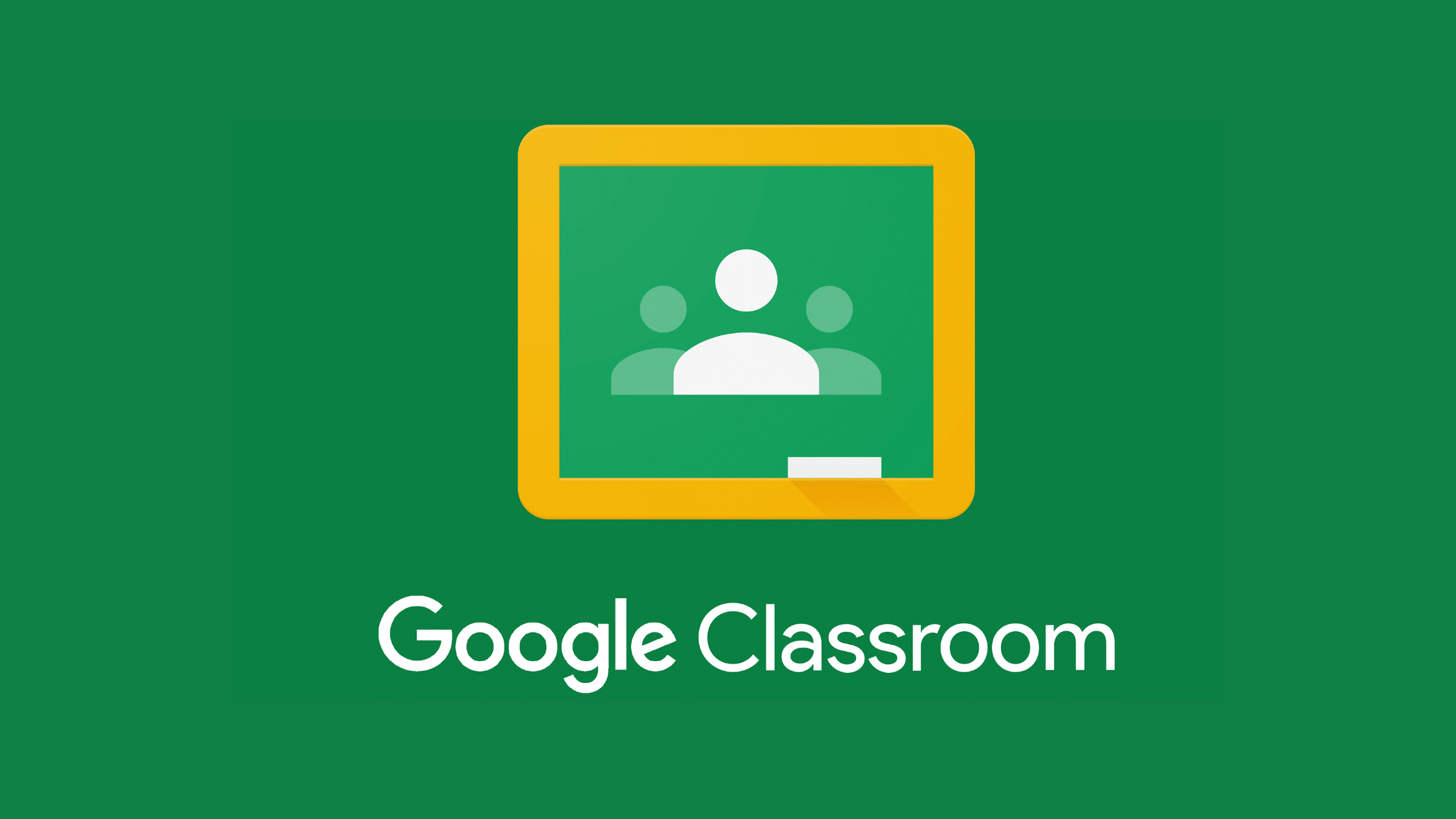
Google Classroom
Google Classroom is a versatile and widely used Mobile Learning Platform designed to facilitate online learning and streamline the educational process for both teachers and students. Launched by Google in 2014, it integrates seamlessly with other Google tools like Google Docs, Google Drive, and Google Calendar, making it an efficient and user-friendly solution for digital education.
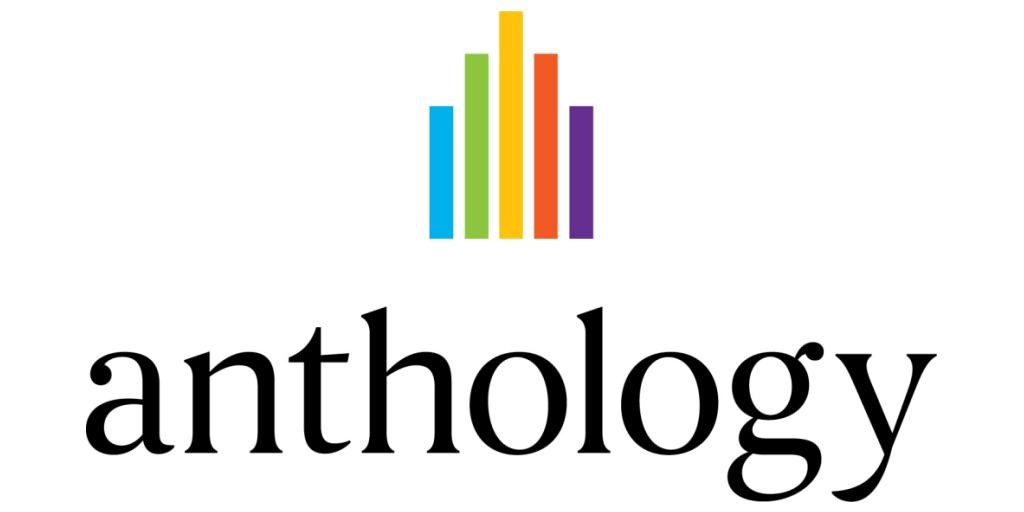
Anthology
Anthology is another powerful example of Mobile learning app development that facilitates online learning by providing a comprehensive suite of tools for educators and students. It is widely used in higher education and corporate training environments to deliver a structured and interactive learning experience.
Mobile Learning App for Corporate Training
Designed for professional Mobile learning app development, these apps offer courses on various skills, compliance training, and performance tracking. According to eLearning Industry, companies that use e-learning tools achieve an 18% boost in employee engagement. Corporate training apps provide employees with the opportunity to enhance their skills and stay updated with industry trends without disrupting their work schedules.

LinkedIn Learning
LinkedIn Learning (formerly Lynda.com) offers a vast library of courses covering various professional skills, including business, technology, and creative fields. The platform is integrated with LinkedIn, allowing users to showcase their completed courses and certifications on their LinkedIn profiles.

Coursera for Business
Coursera for Business provides access to Coursera’s extensive catalog of courses and specializations from top universities and companies. The platform is tailored to meet organizations’ training needs, offering curated learning paths and enterprise-level features.
Mobile Learning App for Language Learning
This type of Mobile learning app development specializes in teaching new languages through interactive lessons, pronunciation guides, and practice exercises. According to a study by Busuu, 22 hours of language learning on a mobile app is equivalent to a semester of university language courses. Language learning apps use a variety of methods, including gamification, to keep users engaged and motivated.

Duolingo
Duolingo is a popular language-learning app that employs a game-like approach to make language learning enjoyable and effective. The app uses points, levels, and rewards to encourage daily practice, helping users build and maintain their language skills over time.
Custom Mobile Learning App Development
At TechnBrains, we understand the importance of Custom Mobile learning app development that caters specifically to your audience’s unique needs. By developing a tailored app, you can incorporate features and functionalities that address the particular challenges your users face, providing them with a more personalized and effective learning experience. With Mobile learning app development, you can do just that—create a learning environment that feels intuitive, relevant, and engaging to your users.
Our design philosophy at TechnBrains prioritizes a seamless user experience. We focus on creating an intuitive interface with appealing visuals and easy navigation. Ensuring that users can effortlessly engage with the app’s content. Research by Forrester indicates that a well-designed user interface can increase conversion rates by up to 200%, underscoring the value of investing in high-quality design.
After your app is developed, we conduct thorough testing to ensure high quality and performance. This includes functional and usability testing. We also assist with marketing strategies to maximize your Mobile learning app development visibility and user acquisition, employing a multi-channel approach, including app store optimization and social media campaigns.
The Mobile Learning App Development Process
Developing a mobile learning app is a multifaceted process that requires careful planning and execution. The goal is to create an engaging and effective learning platform that meets the needs of modern learners. The Mobile Learning App Development Process involves:
- Ideation and Research
- Defining Features and Functionalities
- Design and User Experience
- Development
- Testing
- Launch and Marketing
- Maintenance and Updates
By following a structured approach, developers can ensure that their app not only stands out in a competitive market but also provides a valuable educational experience. Let’s explore each step in detail:
1. Ideation and Research
The first step in developing a mobile learning app is ideation and research. This involves identifying the target audience and understanding their learning needs. Conducting market research is crucial to gaining insights into the competitive landscape and identifying gaps that your app can fill. Understanding what your competitors offer and where they fall short can help you design a unique app that addresses unmet needs.
2. Defining Features and Functionalities
Once you have a clear understanding of your audience and the market, the next step is to define the features and functionalities of your app. Start by listing the core features that your app will offer, such as interactive lessons, quizzes, progress tracking, and social sharing. Consider incorporating advanced functionalities like AI-based recommendations, which can personalize the learning experience, and offline access, which allows users to learn without an internet connection.
3. Design and User Experience
Design and user experience (UX) play a crucial role in the success of a mobile learning app. Create a user-friendly interface that ensures a smooth and engaging user experience. Prioritize intuitive navigation, appealing visuals, and accessibility features to cater to a diverse audience. A well-designed user interface can significantly enhance user satisfaction and engagement.
4. Development
With a solid design in place, the next step is development. Choose the right technology stack for your app, considering factors such as platform compatibility (iOS, Android), scalability, and security. Collaborate with experienced developers to bring your vision to life. It’s important to select a development approach that aligns with your goals, whether it’s native development for better performance or cross-platform development for wider reach.
5. Testing
Thorough testing is essential to ensure your app functions as intended and provides a seamless user experience. Conduct both functional and usability testing to identify and fix any bugs or issues. Functional testing ensures that all features work correctly, while usability testing focuses on the overall user experience.
6. Launch and Marketing
Once your app is fully developed and tested, it’s time to launch and market it. Deploy your app on relevant app stores and promote it through various channels, including social media, email marketing, and partnerships with educational institutions. Effective marketing strategies can significantly boost your app’s visibility and user acquisition.
7. Maintenance and Updates
The final step in the mobile learning app development process is maintenance and updates. Regularly update your app to fix bugs, add new features, and improve performance. Gather user feedback to continuously enhance the app’s value and ensure it remains relevant in the ever-evolving educational landscape.
Features for Successful Mobile Learning App Development
Creating a successful mobile learning app requires incorporating features that enhance user engagement and learning outcomes. As mobile learning app development becomes more prevalent, users expect apps to be intuitive, interactive, and accessible. Our expert app developers for hire ensure that these features are incorporated into your mobile learning app:
- Progress Tracking: Allow users to monitor their learning progress and set goals.
- Personalization: Use AI to provide personalized learning paths based on user preferences and performance.
- Offline Access: Enable users to download content for offline learning.
- Social Features: Integrate features like discussion forums and social sharing to foster a community of learners.
- Multilingual Support: Offer content in multiple languages to cater to a global audience.
Wrapping it Up
According to a report by MarketsandMarkets, The size of the Education Market for AR and VR was USD 3.8 Billion in 2023 and is estimated to grow to USD 14.2 Billion by 2028. During the forecast period, it is anticipated to show a CAGR of 29.6%. The mobile learning app market is expected to continue growing, driven by advancements in technology and latest edtech trends. Innovations such as virtual reality (VR), augmented reality (AR), and artificial intelligence (AI) are set to transform the way we learn, making education more immersive and adaptive.
TechnBrains Excels in Mobile Learning App Development
At TechnBrains, we specialize in creating cutting-edge mobile learning apps that cater to the diverse needs of modern learners. As an experienced educational app development company, we understand the unique challenges and opportunities with e-learning apps. Our team is dedicated to providing educational software solutions that are not only innovative but also highly effective in delivering educational content. Here’s how we can assist you in your e-learning app development journey:
Custom Solutions Tailored to Your Needs
Every educational initiative has unique requirements. TechnBrains excels in developing custom e-learning apps tailored to your specific needs. Whether you’re targeting K-12 students, college learners, or professional development, we can create an app that meets your precise objectives. Our in-depth research and ideation process ensures that your app is designed to fill any gaps in the market, providing users with a valuable learning experience.
Defining and Incorporating Key Features
As a leading educational app development company, we help you define and incorporate essential features that enhance user engagement and learning outcomes. From interactive lessons and quizzes to AI-based recommendations and offline access, we ensure your app is equipped with the functionalities users expect.
Exceptional Design and User Experience
We prioritize creating a seamless user experience through intuitive design and appealing visuals. Our expertise in e-learning app development ensures that your app is not only functional but also user-friendly and engaging. By focusing on intuitive navigation and accessibility features, we make sure that learners of all ages and backgrounds can easily use your app.
Robust Development and Rigorous Testing
TechnBrains uses the latest technologies to develop robust and secure mobile learning apps. Our Mobile learning platform development process involves choosing the right technology stack to ensure platform compatibility, scalability, and security. We conduct thorough testing to identify and fix any issues, ensuring that your app delivers a flawless user experience. Our commitment to quality is evident in every app we create.
Strategic Launch and Ongoing Support
After launching your app, we assist with strategic marketing and app store optimization to maximize visibility and user acquisition. Our expertise in Mobile Learning Software solutions helps promote your app through social media, email marketing, and partnerships with educational institutions. We also provide ongoing maintenance and updates to keep your app relevant and performing at its best.
Continuous Improvement and User Feedback
At TechnBrains, we value user feedback and continuously work to improve your app based on user suggestions and emerging trends.
Create a top-tier e-learning app development project that exceeds quality and effectiveness standards. Schedule a Free Consultation today!


